- Like
- Digg
- Tumblr
- VKontakte
- Buffer
- Love This
- Odnoklassniki
- Meneame
- Blogger
- Amazon
- Yahoo Mail
- Gmail
- AOL
- Newsvine
- HackerNews
- Evernote
- MySpace
- Mail.ru
- Viadeo
- Line
- Comments
- SMS
- Viber
- Telegram
- Subscribe
- Skype
- Facebook Messenger
- Kakao
- LiveJournal
- Yammer
- Edgar
- Fintel
- Mix
- Instapaper
- Copy Link
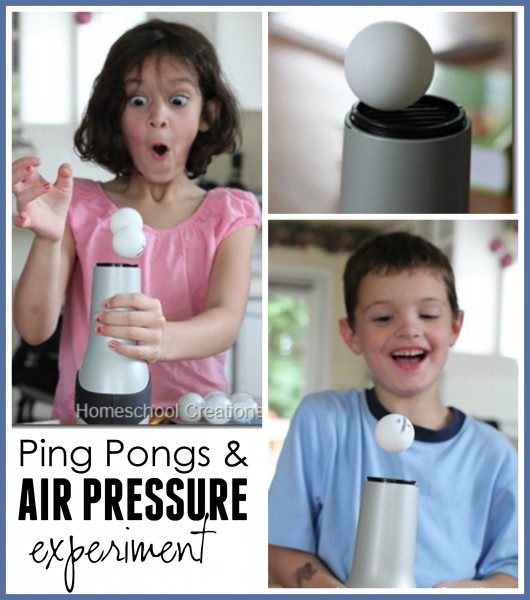
We had much fun with a quick and easy experiment this week that helped us all learn a little bit about high and low air pressure. I found a lovely book of science experiments {see below} hidden in a stash of my teaching books while I was cleaning and sorting books for next year.
If you want to try the experiment yourself, you’ll only need a few things:
~ a blow dryer
~ ping pong balls
~ electricity
Before we started our experiment we made a prediction about what would happen to the ping pong ball resting on the nozzle of the blow dryer. when we turned the blow dryer on. Would it blow away? Stay in the column of air above the dryer? Be sucked into the hair dryer? Melt? The kids were mixed in their predictions and Zachary ended up being the one to guess predict correctly.
Each of the kids took turns trying it out, moving the hair dryer from side to side and up and down so that the ball traveled along with the air stream. McKenna wondered if two balls would be able to stay in the air stream ~ and they did for all of 3 seconds {but the look on her face was hilarious!}.


Zachary ~ the ball is light and air is heavy so the air was lifting the ball up
McKenna ~ the ball was light and the air force was so strong it floated
Laurianna ~ because the heat rose straight up and didn’t spread out
The Nutshell Reason…
The pressure in the column of rapidly moving air shoots upward and is lower in pressure than the air around the column. The ping pong ball is ‘pushed’ back into the center column by the higher pressure of the air particles around the column ~ air moves from areas of higher pressure to areas of lower pressure.
Resource: How to Do Science Experiments with Children is available from Amazon and you can also check it out {and do some of the experiments} using Google Docs! The experiments use easy-to-find objects and also include record sheets for kids to fill out with their predictions and experiment results. Each experiment also includes teaching tips and explanations…which are rather handy! :)
Don’t forget to check out some other great science ideas at Science Sunday hosted by Ticia at Adventures in Mommydom.


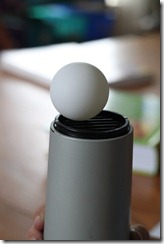
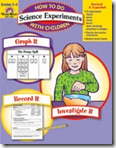
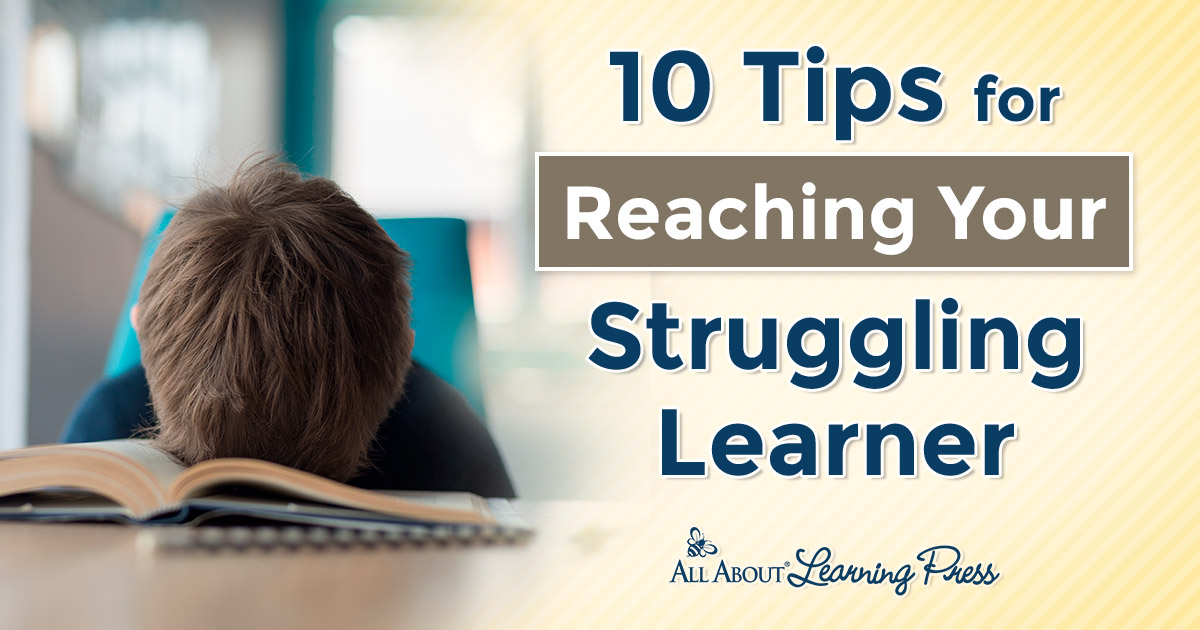
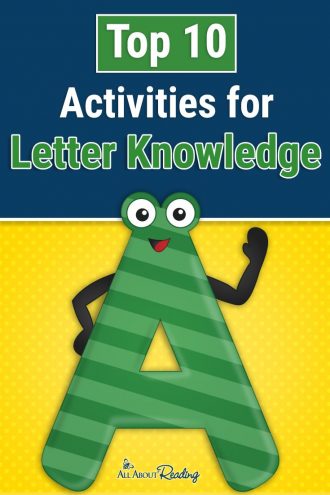


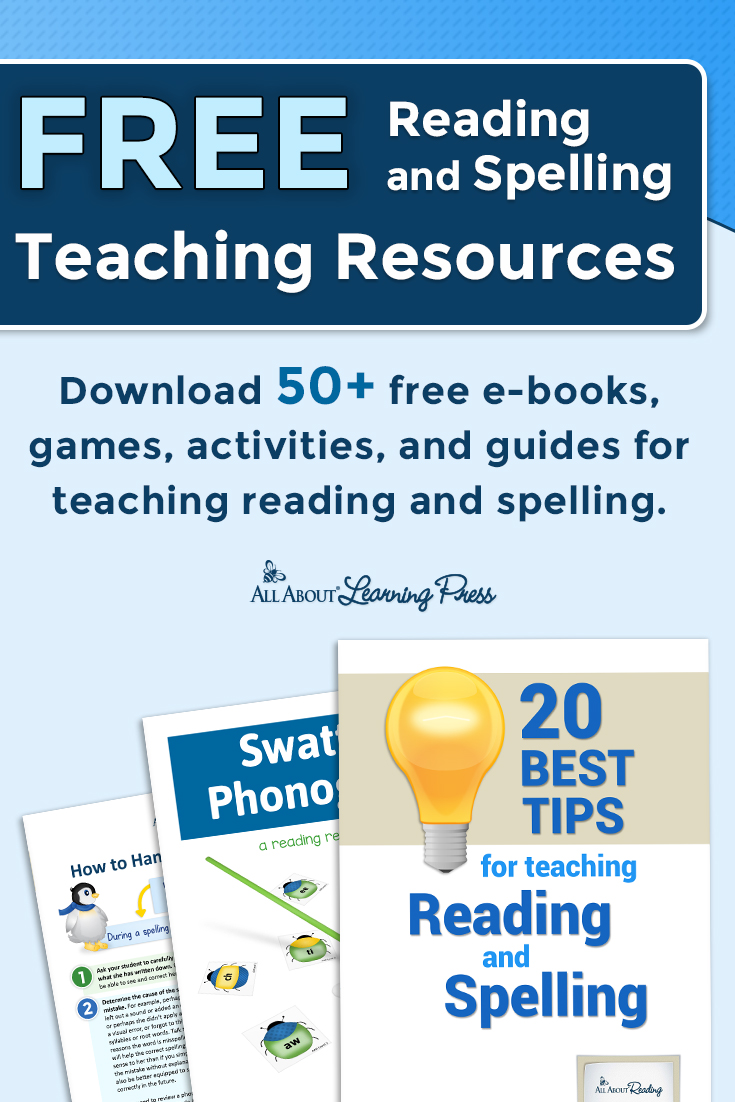
 The printables shared on this site are FREE of charge unless otherwise noted, and you are welcome to download them for your personal and/or classroom use only. However, free or purchased printables are NOT to be reproduced, hosted, sold, shared, or stored on any other website or electronic retrieval system (such as Scribd or Google docs). My printables are copyright protected and I appreciate your help in keeping them that way.
If you download and use some of my printables and then blog about them, please provide a link back to my blog and let me know - I'd love to see how you are using them! Please be sure to link to the blog post or web page and not directly to the file itself. Thank you!
The printables shared on this site are FREE of charge unless otherwise noted, and you are welcome to download them for your personal and/or classroom use only. However, free or purchased printables are NOT to be reproduced, hosted, sold, shared, or stored on any other website or electronic retrieval system (such as Scribd or Google docs). My printables are copyright protected and I appreciate your help in keeping them that way.
If you download and use some of my printables and then blog about them, please provide a link back to my blog and let me know - I'd love to see how you are using them! Please be sure to link to the blog post or web page and not directly to the file itself. Thank you!
Your pictures in this post are priceless! What fun! I plan to do this with the preschoolers in our homeschool co-op tomorrow. Thanks for sharing a fun idea!